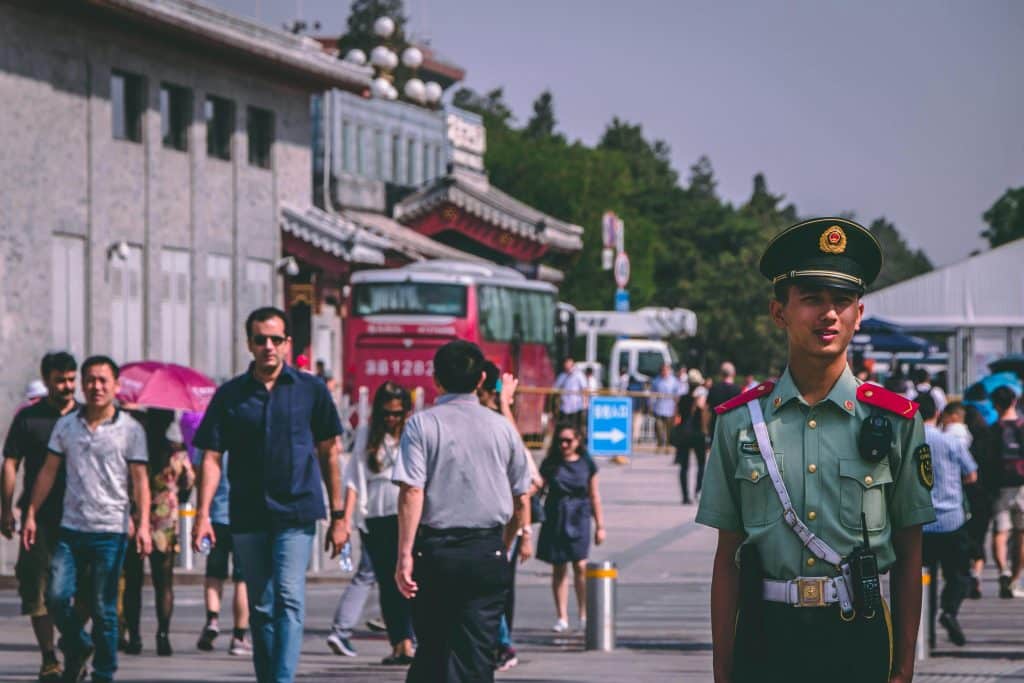Travel opens doors to new experiences, cultures, and memories that last a lifetime. However, even the most carefully planned trips can encounter unexpected dangers that transform a dream vacation into a nightmare. And to stay prepared for such situations, an eSIM has to be in your list! It will enable you to stay connected to your contacts and authorities that definitely helps in any bad situation. Being aware of common travel hazards and knowing how to avoid them can make all the difference between returning home with wonderful memories or dealing with serious complications.
Understanding the Hidden Risks of Tourism
When we pack our bags for adventure, safety concerns often take a backseat to excitement. According to tourism safety statistics, millions of travelers face various degrees of danger each year—from petty theft to serious injuries. “Many travelers don’t realize how vulnerable they are in unfamiliar surroundings,” notes tourism injury lawyer ChopinLawFirm.com, who have represented numerous clients dealing with vacation incidents gone wrong. Being informed is your first line of defense according to Chopin.
Transportation Dangers
One of the most significant risks travelers face involves transportation. Whether renting vehicles, using rideshares, or relying on public transit, unfamiliar transportation systems introduce considerable risk.
Rental car accidents are particularly common among international travelers. Driving on the opposite side of the road, navigating unfamiliar traffic patterns, or misunderstanding local driving customs can lead to serious collisions. Before driving in a new country, take time to understand local traffic laws and consider purchasing additional insurance coverage.
Public transportation, while generally safe, presents its own challenges. Overcrowded buses or trains can be targets for pickpockets, while unlicensed taxis might overcharge or take passengers to dangerous areas. Always use official transportation services and remain vigilant with your belongings.
“Transportation-related injuries represent about 30% of all travel accident cases,” explain tourism safety experts. “Many could have been prevented with better preparation and awareness.”
Accommodation Safety Concerns
Your temporary home away from home should be a sanctuary, not a source of danger. Yet accommodation-related incidents occur with alarming frequency.
Hotel fires, faulty electrical systems, unsafe balconies, and inadequate security measures have all contributed to serious injuries. Before booking, research property reviews focusing specifically on safety elements. Upon arrival, locate emergency exits, inspect room safety features, and ensure door locks function properly.
Short-term rentals through platforms like Airbnb have introduced new considerations. While these accommodations offer authentic experiences, they may lack the regulated safety standards of established hotels. Check for smoke detectors, fire extinguishers, and secure entry points upon arrival.
Health Hazards Abroad

Medical emergencies can be particularly frightening when you’re thousands of miles from home. Food poisoning remains one of the most common travel ailments, affecting countless tourists annually. Reduce your risk by choosing establishments with high sanitation standards, avoiding raw foods in regions with questionable water quality, and carrying appropriate medication.
Environmental health risks vary dramatically by destination. Research region-specific concerns like mosquito-borne illnesses, high-altitude sickness, or extreme weather conditions. Preventative measures—whether vaccination, appropriate clothing, or medication—should be addressed well before departure.
“The most tragic cases involve travelers who simply didn’t know about easily preventable health risks in their destination,” say travel medical experts. “Five minutes of research could have prevented months of suffering.”
Financial and Identity Security
Digital safety deserves as much attention as physical safety. Public Wi-Fi networks in hotels, cafes, and airports are notorious hunting grounds for hackers. Use a Virtual Private Network (VPN) when connecting to unsecured networks, and avoid accessing sensitive financial information while traveling.
Credit card skimming and ATM tampering occur with alarming frequency in tourist areas. Use ATMs located inside banks when possible, shield your PIN entry, and regularly check account statements for unauthorized charges.
Identity theft can turn a wonderful trip into a prolonged nightmare. Keep digital copies of important documents separate from physical ones, and be selective about what identification you carry when sightseeing.
Cultural and Social Risks
Understanding local customs and laws can prevent serious legal troubles. Seemingly innocent behaviors in your home country—taking photographs of government buildings, wearing revealing clothing, or public displays of affection—may be strictly prohibited elsewhere. Research cultural norms and legal restrictions before arrival.
Social scams targeting tourists evolve constantly. The “friendly local” offering extraordinary deals, the street performer creating a distraction, or the child asking for help may be part of elaborate schemes to separate you from your valuables. Maintain a healthy skepticism without becoming paranoid.
Emergency Preparedness
Despite best precautions, emergencies happen. Create a contingency plan that includes:
Emergency contacts programmed into your phone Travel insurance information readily accessible The address and phone number of your country’s embassy or consulate Basic medical information, including blood type and allergies Contact information for a tourism injury lawyer who handles international cases
“Most travelers don’t consider legal representation until after something goes wrong,” explain travel insurance specialists. “Understanding your rights and having access to proper representation can make an enormous difference in the outcome of a travel emergency.”
The Aftermath of Travel Incidents

If you do experience a safety incident while traveling, proper documentation becomes crucial. Take photographs, collect witness information, file police reports when appropriate, and seek medical attention immediately—even for seemingly minor injuries that could worsen.
Keep all receipts related to the incident, including medical bills, replacement costs for stolen items, or expenses incurred due to trip interruption. These documents become essential if you need to file insurance claims or seek legal remedies.
Creating a Culture of Safe Travel
Safe travel isn’t about paranoia—it’s about preparation. Experienced travelers know that awareness and planning enhance rather than detract from the travel experience. By understanding potential dangers, you free yourself to fully embrace new experiences without unnecessary worry.
The most successful travelers adopt a mindset that balances openness to new experiences with prudent caution. They research destinations thoroughly, maintain situational awareness, and prepare for contingencies without becoming obsessed with potential problems.
Travel remains one of life’s greatest privileges and pleasures. The world offers infinite possibilities for discovery, connection, and growth. By recognizing common travel dangers and taking reasonable precautions to avoid them, you ensure that your journeys remain sources of joy rather than regret.
As you plan your next adventure, remember that informed travelers are safer travelers. A small investment in preparation pays enormous dividends in peace of mind—allowing you to focus on creating memories rather than managing crises.
When the unexpected does occur, know your rights and resources. Professional guidance from experienced tourism injury lawyers like those at ChopinLawFirm.com can help navigate the complex aftermath of travel incidents, especially those involving international jurisdictions or corporate entities.
Travel boldly, but travel wisely. The world awaits, filled with wonders far greater than its dangers.
